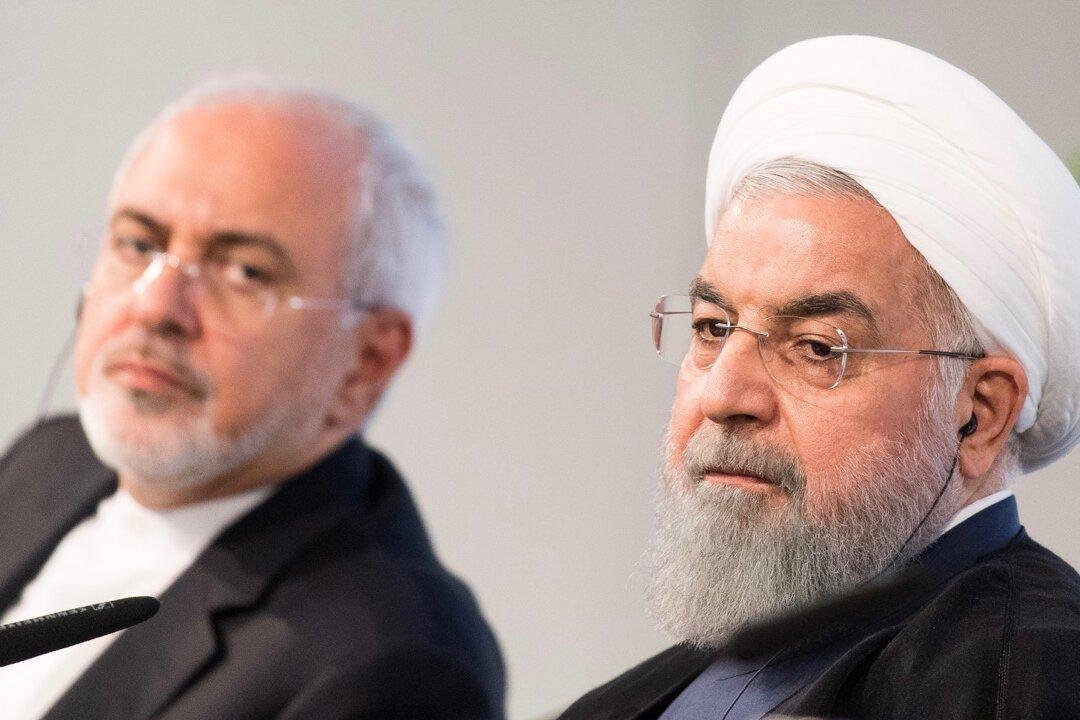Iranian Foreign Minister Javad Zarif wrote that Iran on Tuesday, Jan. 7, took appropriate measures when it fired missiles at two Iraqi bases overnight in response to the U.S. drone strike that killed top Iranian Gen. Qassam Soleimani.
“Iran took [and] concluded proportionate measures in self-defense under Article 51 of UN Charter; targeting base from which cowardly armed attack against our citizens & senior officials were launched,” he wrote on Twitter on Tuesday night.





